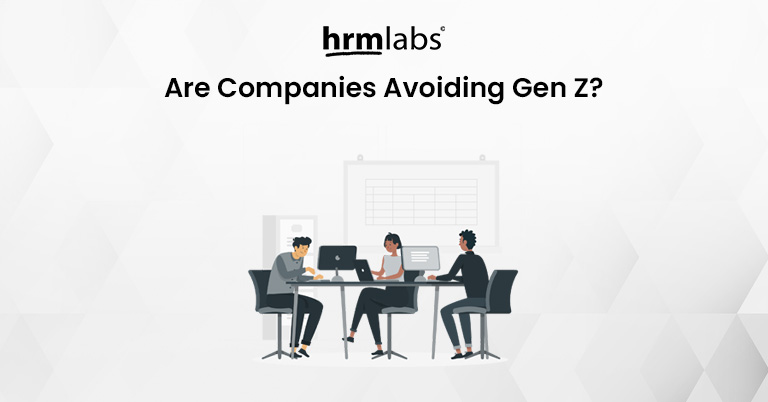Singapore’s workforce is undergoing a significant shift. Gen Z, the generation born between the mid-1990s and the early 2010s, is now entering the workforce in large numbers. This tech-savvy, purpose-driven generation brings a unique set of skills and expectations to the table. However, they also face certain challenges that can create friction with traditional workplace norms.
Understanding the Gen Z Mindset
Gen Z is often stereotyped as being lazy, entitled, and lacking in experience. However, these stereotypes are largely unfounded. In reality, Gen Z is a generation that values work-life balance, purpose, and continuous learning. They are digital natives who are comfortable with technology and adept at multitasking. They are also more socially conscious than previous generations, prioritizing companies with strong ESG practices and a commitment to social impact.
Challenges Faced by Gen Z in the Singapore Workplace
Despite their potential, Gen Z workers can face several challenges in the Singaporean workplace:
- Misconceptions and Stereotypes: As mentioned earlier, Gen Z is often stereotyped negatively, which can lead to unconscious bias and discrimination during hiring and promotion processes.
- Lack of Flexibility: Traditional work arrangements in Singapore often prioritize long hours and presenteeism, which can clash with Gen Z’s desire for work-life balance and flexibility.
- Limited Learning and Development Opportunities: Many companies lack structured programs to help Gen Z workers develop their skills and advance their careers.
- Disconnect Between Values and Company Culture: If a company’s values and mission don’t align with Gen Z’s social and environmental concerns, it can lead to feelings of disengagement and dissatisfaction.
Are Companies Avoiding Gen Z? Not Quite.
While some studies suggest a preference for older workers, it’s crucial to understand the context. Often, it’s not about age, but about experience specific to the role. However, companies that fail to recognize Gen Z’s potential risk missing out on a generation of innovative and digitally-savvy talents.
Overcoming the Challenges
Companies that want to attract and retain top Gen Z talent need to adapt their HR practices and company culture. Here are some key strategies:
- Challenge Stereotypes and Promote Diversity: Educate hiring managers and employees about Gen Z’s strengths and dispel negative stereotypes. Focus on skills and experience rather than age or generational assumptions.
- Embrace Flexibility: Offer flexible work arrangements such as remote work, hybrid schedules, and compressed workweeks. This will cater to Gen Z’s desire for work-life balance and boost overall employee satisfaction.
- Invest in Learning and Development: Provide opportunities for Gen Z workers to learn new skills and grow their careers. This could include mentorship programs, training workshops, and tuition reimbursement.
- Align Values and Purpose: Clearly communicate your company’s values and mission, and ensure they resonate with Gen Z’s social and environmental concerns. This will create a more meaningful and engaging work experience.
- Leverage Technology: Utilize technology to streamline communication, collaboration, and learning. This will cater to Gen Z’s digital fluency and preference for tech-enabled solutions.
- Create a Feedback-Rich Culture: Encourage open communication and regular feedback sessions. This will help Gen Z workers feel valued and heard, and it will provide valuable insights for improving the work environment.
Future-Proofing the Workforce: A Collaborative Journey
By bridging the gap between generations and embracing Gen Z’s unique strengths, Singaporean companies can build a diverse, innovative, and future-proof workforce. It’s not about erasing differences, but about creating a collaborative space where both veteran and young talent can thrive.
HRMLabs empowers business to understand, engage, and develop Gen Z talent by offering targeted tools, data-driven insights, and streamlined processes. It’s not a magic solution, but it’s a powerful tool in bridging the gap between generations and building a future-proof workforce.


